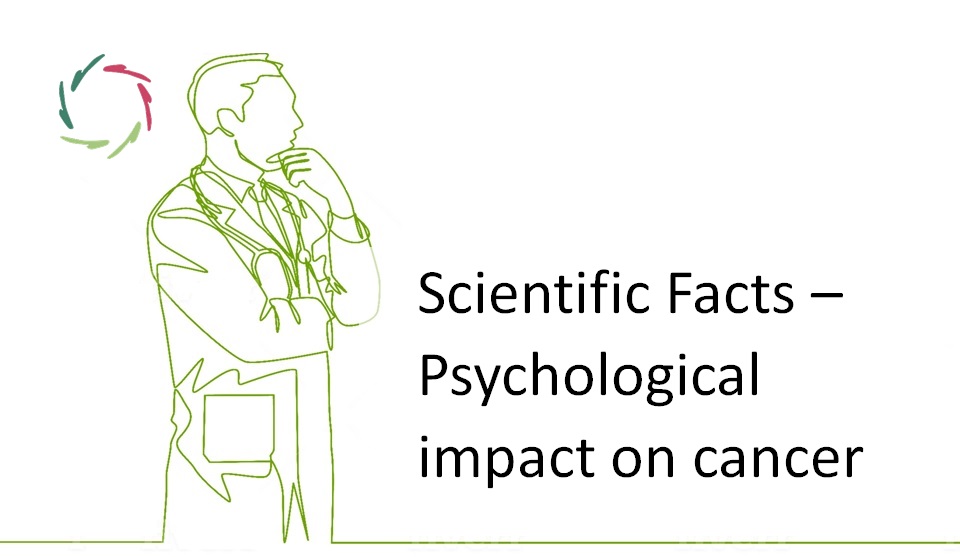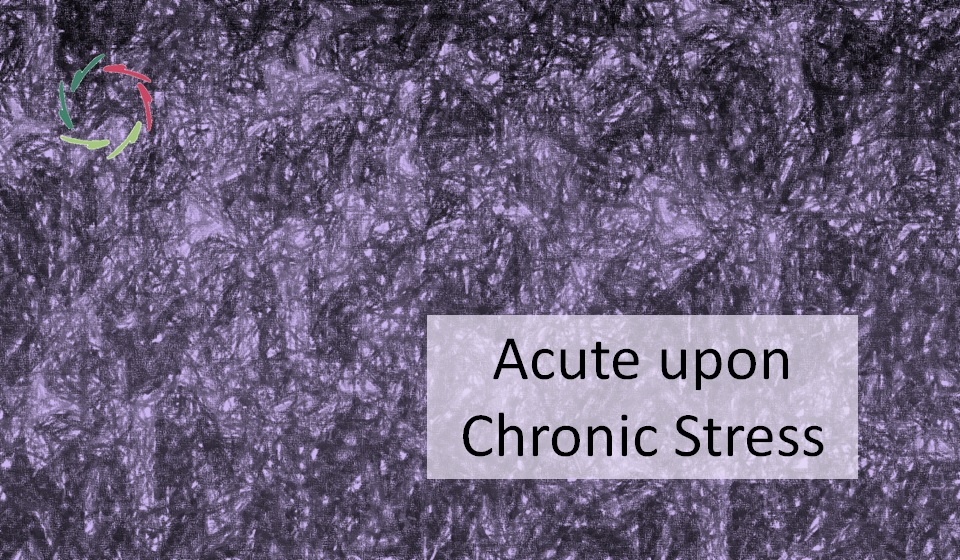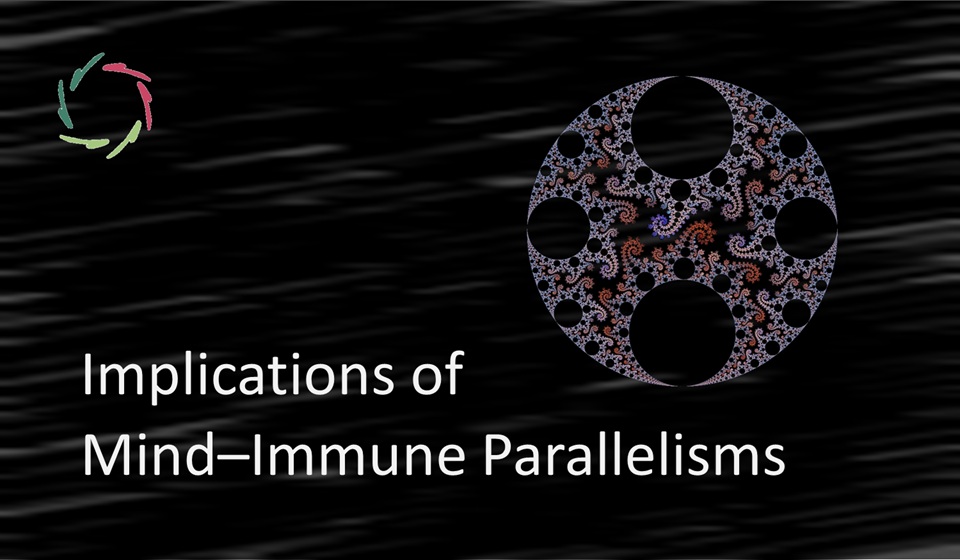Psychological impact on cancer

M.A. Visintainer et al. conducted a study with rats. After implantation of a tumor, some were administered electric shocks and some were not. Of the former, some could escape the shocks and some could not [Visintainer et al., 1982]. Afterward, they checked the number of rats that rejected the tumor (and thus were cured). The ratio of rejection was the following:
- 63% for the rats that could escape the shocks
- 27% for the rats that could not avoid the shocks (and received as many shocks as the first group)
- 54% for the rats that did not get any shocks
What is more, the mortality for the second group was twice as high as that of the first one.
From this, it can be concluded that with these rats, a feeling of lack of control led to a diminished rejection of the tumor and a decreased chance of survival. Thus, stress, combined with a sense of helplessness, can be lethal!
Also worth noticing is that the first group – with shocks and thus more stress – performed better than the third group, which did not get any shocks at all. Most likely, the conquering of a threat has a cognitive meaning for these rats. The obvious conclusion is that a feeling of self-efficacy has for these animals (which are supposed to be less complex emotionally and intellectually than we are) an important impact on the prognosis of cancer!
L.S. Sklar and H. Anisman induced mastocytomas in male mice by injecting cancer cells after these mice had gone through social and physical stress [Sklar et al., 1980]. Abrupt changes in social conditions were responsible for an apparent increase of cancer (size of the cancerous tumor and time of survival after the injection). The social isolation appeared to increase the tumor in mice that had been raised in a group, but not in mice that had been raised in isolation, and vice versa. The behavior itself of the mice was able to influence this more or less: there was no increase with mice that expressed their aggression in frequently fighting. Social conditions also had an impact on the growth of the tumor by physical stress: small electric shocks on their feet made the tumor grow with mice living in a group and decrease with socially isolated mice.
The conclusion is indisputable: the relationship between stress and the growth of tumors is under the complex influence of coping-response, chronicity of stress, type of stress, social conditions and their changes, and social history/experience – even with relatively simple creatures such as mice. Research into the carcinogenic impact of stress in people has to take these factors strictly into account (something which is, unfortunately, often too poorly done in research).
Many studies have already been conducted into the possible influence of psychosocial stress on breast cancer in human beings. Together they point to a relationship between seriously stressing events in life and the origin of breast cancer [Cooper, 1988]. This is by no means necessarily a causative relationship, although the results point in that direction.
In a study by C.L. Cooper et al. [Cooper et al., 1989], a strong correlation was found between the seriousness of breast cancer if they particularly looked at the perception (emotional and intellectual interpretation) of stressful life events by the woman. The correlation was the biggest after events related to a loss or an illness in herself or a personal relationship. Away from this, the correlation was also more considerable in women who thought they had no control whatsoever over the adverse events that happened to them.
A second study [Faragher et al., 1990] revealed a straight correlation with personality factors such as patience, thoughtfulness, introversion, little ambition and competitiveness, and few social contacts.
A third study [Cooper et al., 1992] mainly studied coping behavior. Positive correlations were found (mutual dependence or manipulation) with strategies such as denial and internalization of problems, with a weaker expression of emotions and with rarely looking for help with family or friends. There was also a positive correlation with not using strategies to handle stress.
Together, all these conclusions indicate a considerable impact of mental factors on the prognosis of breast cancer. For certain other forms of cancer (for instance, a specific skin cancer [Fawzy et al., 1993]), scientific studies point in this direction too.
At the molecular level, stress factors induce production and secretion of stress-related hormones, which influence both normal and transformed cells through their specific receptors. The particular effects exerted by these molecules on cancer cells have been observed in in vitro cultures and include changes in proliferation, apoptosis susceptibility, and migration/invasion potential. As a result, it has been suggested that stress hormones may be responsible for the progression of malignancy and thus accelerate the metastasis formation in cancer patients [Surman et al., 2017].
According to research on mice, peripheral nerves modulate the biological behavior of cancer cells and influence tumor progression, including the events related to the metastatic spread of the disease. This mechanism involves the release of neurotransmitters directly into the microenvironment and the activation of the corresponding membrane receptors. The fact that removal of nerves from the tumor microenvironment is sufficient to slow or halt disease progression is particularly remarkable because of the strength of the used models (mostly genetically modified mouse models), where the development of cancer in the absence of intervention is almost guaranteed [Arese et al., 2018].
Both psychological stress and ionizing radiation cause varied detrimental effects on humans. Due to their living conditions and occupations, some people may encounter concurrent exposure to both psychological stress and ionizing radiation to a great extent. It appears that psychological stress could induce increased radio-susceptibility and radio-carcinogenesis in mice [Wang et al., 2016].
Though some patients may join mindfulness-based interventions with the hope of improving biological outcomes, [6 in PNI-78] it is currently premature to conclude that these interventions can influence variables such as immune function or cellular aging in clinically meaningful ways. Research on biomarker outcomes has shown small effects, inconsistent findings, and has yet to demonstrate links to cancer progression and longevity [Rouleau et al., 2015].
One should not be too quick to draw far-reaching conclusions based on studies such as these. This kind of research sometimes displays methodological weaknesses: a small sample size, no long-term follow-up of patients to examine the recurrence of the disease, confusion between correlation and cause, and so on. Also, I must repeat: people who have cancer should NOT feel guilty – even if they experienced a lot of ‘stress’ in the months or years before diagnosis.


